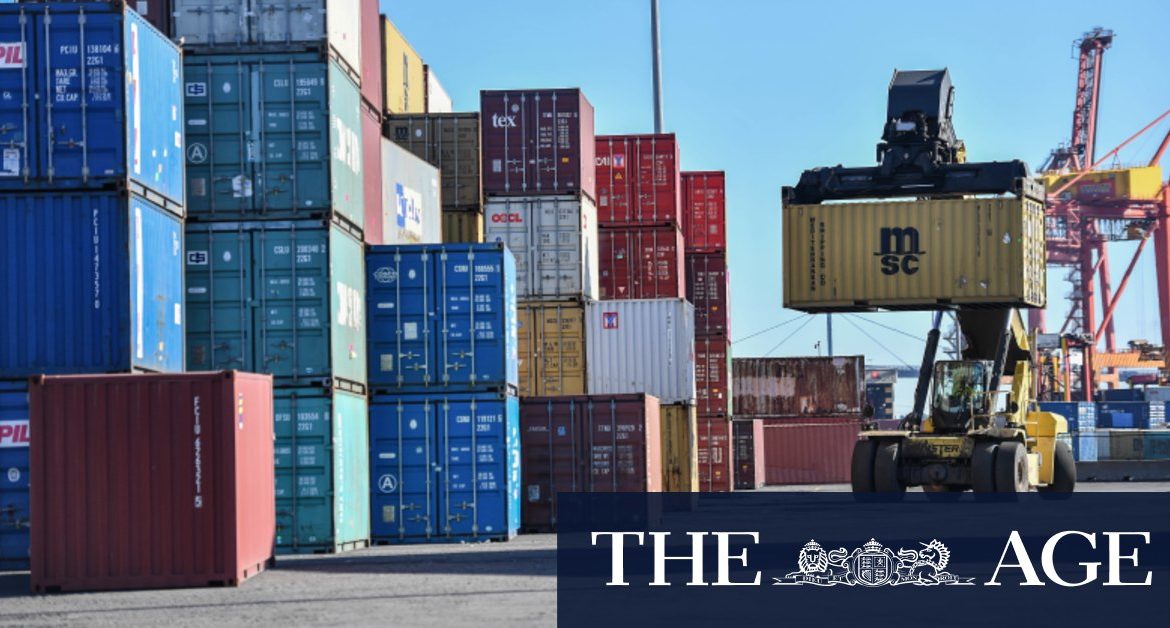Despite ongoing trade tensions, Australia recorded its fourth-highest goods trade surplus on record in December, bolstered by exports of metalliferous ores and cereals, which includes materials such as iron ore, copper and gold.
States and territories that export minerals maintained strong trade activity with China last year while Victoria’s two major service exports – international tourism and international education – were brought to a standstill by global and local restrictions.
The $1 trillion Belt and Road Initiative is Chinese President Xi Jinping’s signature policy to invest in infrastructure globally including roads, rail, pipelines and telecommunications systems. But Western governments, including Australia and the US, increasingly view it as a foreign policy and propaganda tool, as well as a potential debt trap for developing nations.
A spokesman for Victorian Trade Minister Martin Pakula said Australia-China and Victoria-China balances of trade are not directly comparable given Australia’s exported natural resources are largely extracted from outside Victoria.
“Our trade strategy is about creating jobs for Victorians and opening up avenues for exporters,” the spokesman said.
Economists attribute the widening trade gap to the lockdowns and border closures which damaged the lucrative tourism and higher education markets.
International education has been Victoria’s largest services export for the past 10 years, generating more than $13.7 billion in revenue in 2019 and propping up more than 70,000 jobs.
Victoria traditionally hosts about one third of Australia’s total onshore enrolments of international students, with most students coming from China.
NAB economist Alan Oster said COVID-19 restrictions damaged the international education market which contributed to the widening trade deficit.
“Nearly half of all Australia’s exports to China are iron ore, so Victoria will always record a deficit,” Mr Oster said. “But … international students not coming would have been a problem.”
“Especially when China keeps sending a lot of stuff our way,” he said.
Premier Daniel Andrews has defended the Belt and Road memorandum of understanding with China, claiming that it would deliver new business opportunities to Victoria’s business sector and open up a large international market.
Victoria is the only government in Australia to sign a memorandum of understanding with China’s National Development and Reform Commission.
Loading
But the controversial deal was unpopular with the federal government and late last year the Commonwealth passed new laws allowing them to tear up deals between Australian states and organisations and foreign governments. The deal is currently being assessed by the federal government.
Opposition trade spokesman Matthew Guy said the latest statistics proved the Belt and Road deal was “one-way traffic that works against Victoria”.
“Partnerships with foreign governments should work both ways but Labor’s Belt and Road doesn’t, it only works for Chinese interests with no Victorian benefit,” Mr Guy said.
Annika is state political editor for The Age.
Most Viewed in Politics
Loading







